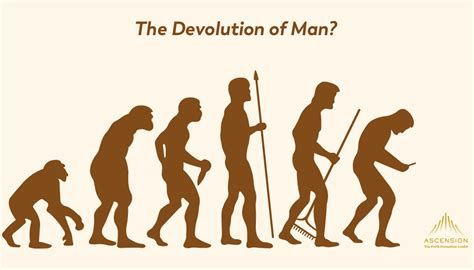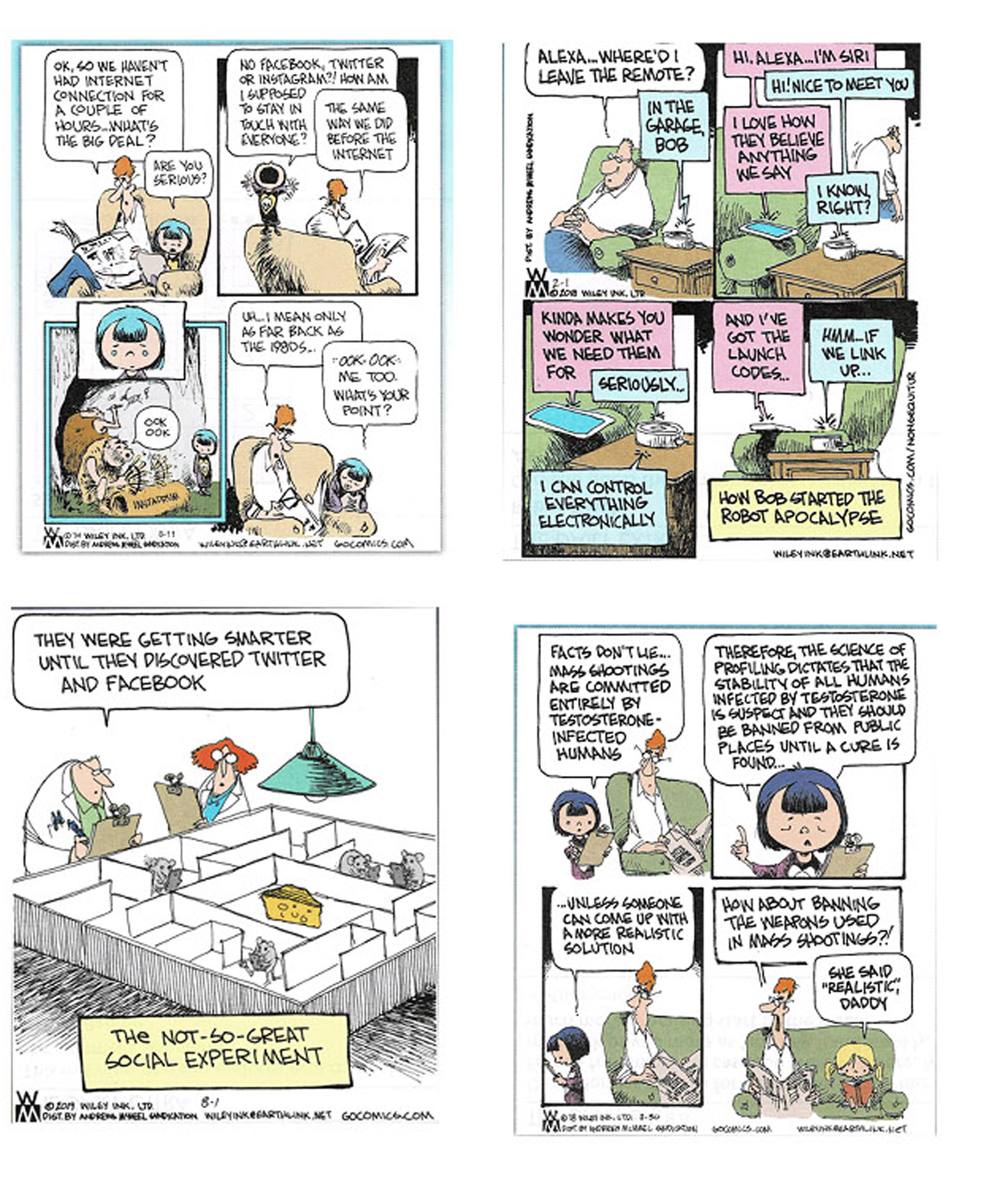{The Atlantic} The moment that broke Cassie Alexander came nine months into the pandemic. As an intensive-care-unit nurse of 14 years, Alexander had seen plenty of “Hellraiser stuff,” she told me. But when COVID-19 hit her Bay Area hospital, she witnessed “death on a scale I had never seen before.”
Last December, at the height of the winter surge, she cared for a patient who had caught the coronavirus after being pressured into a Thanksgiving dinner. Their lungs were so ruined that only a hand-pumped ventilation bag could supply enough oxygen. Alexander squeezed the bag every two seconds for 40 minutes straight to give the family time to say goodbye. Her hands cramped and blistered as the family screamed and prayed. When one of them said that a miracle might happen, Alexander found herself thinking, I am the miracle. I’m the only person keeping your loved one alive. (Cassie Alexander is a pseudonym that she has used when writing a book about these experiences. I agreed to use that pseudonym here.)
The senselessness of the death, and her guilt over her own resentment, messed her up. Weeks later, when the same family called to ask if the staff had really done everything they could, “it was like being punched in the gut,” she told me. She had given everything—to that patient, and to the stream of others who had died in the same room. She felt like a stranger to herself, a commodity to her hospital, and an outsider to her own relatives, who downplayed the pandemic despite everything she told them. In April, she texted her friends: “Nothing like feeling strongly suicidal at a job where you’re supposed to be keeping people alive.” Shortly after, she was diagnosed with post-traumatic stress disorder, and she left her job.
Maybe we should buy her a robot puppy.
Ancient Mariner

 upright—and still spent time in the trees—3.2 million years ago. Later discoveries revealed her species, scattered throughout eastern Africa, had brains bigger than chimpanzees. But a new study of an ancient toddler finds that the brains of Lucy’s kind were organized less like those of humans and more like those of chimps. That suggests the brains of our ancestors expanded before they reorganized in the ways that let us engage in more complex mental behaviors such as making tools and developing language. The remains also suggest Lucy’s species had a relatively long childhood—similar to modern humans—and they would have needed parenting longer than their chimp relatives. Called Australopithecus afarensis, Lucy and her family grew to a height of three feet.
upright—and still spent time in the trees—3.2 million years ago. Later discoveries revealed her species, scattered throughout eastern Africa, had brains bigger than chimpanzees. But a new study of an ancient toddler finds that the brains of Lucy’s kind were organized less like those of humans and more like those of chimps. That suggests the brains of our ancestors expanded before they reorganized in the ways that let us engage in more complex mental behaviors such as making tools and developing language. The remains also suggest Lucy’s species had a relatively long childhood—similar to modern humans—and they would have needed parenting longer than their chimp relatives. Called Australopithecus afarensis, Lucy and her family grew to a height of three feet.

